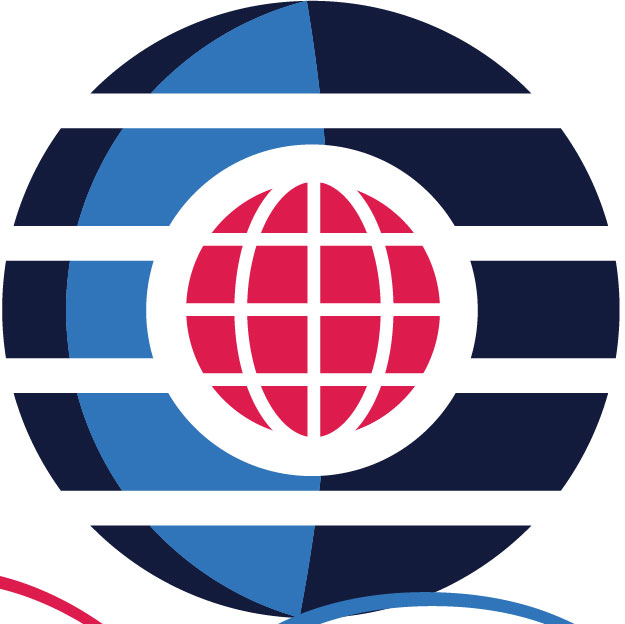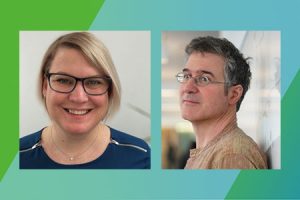No two cancers are the same. Yet we still treat cancers in a similar way because we don’t always know which treatments will be most helpful. The International Cancer Genome Consortium for Accelerating Research in Genomic Oncology (ICGC-ARGO) project aims to change this. ICGC-ARGO wants to help researchers find the best ways to treat cancer. To do this, we collect, study and share cancer data from patients from around the world.
If researchers have easy, secure access to cancer data, we hope it will help them answer important questions about how we can improve the ways we prevent, diagnose and treat cancer. These answers can then be shared with doctors to help improve cancer care for patients around the world.
Patients are vital to the success of our work. When a patient joins our project, they give consent to access data about their cancer, treatments and results. Any details that could single out a patient are removed before their data can be used.
The next step is to store these results for use by researchers who study cancer. We make sure that we look after this data with respect and care. Then researchers from around the world can submit requests for data and ICGC-ARGO fully checks each request before we give out any patient data.
By collecting, studying and sharing this data, we are helping make new drugs, better treatments and improved cancer care. If you want to learn more about the program, please visit the ICGC-ARGO website.

For more information, visit icgc.org and icgc-argo.org

